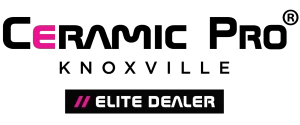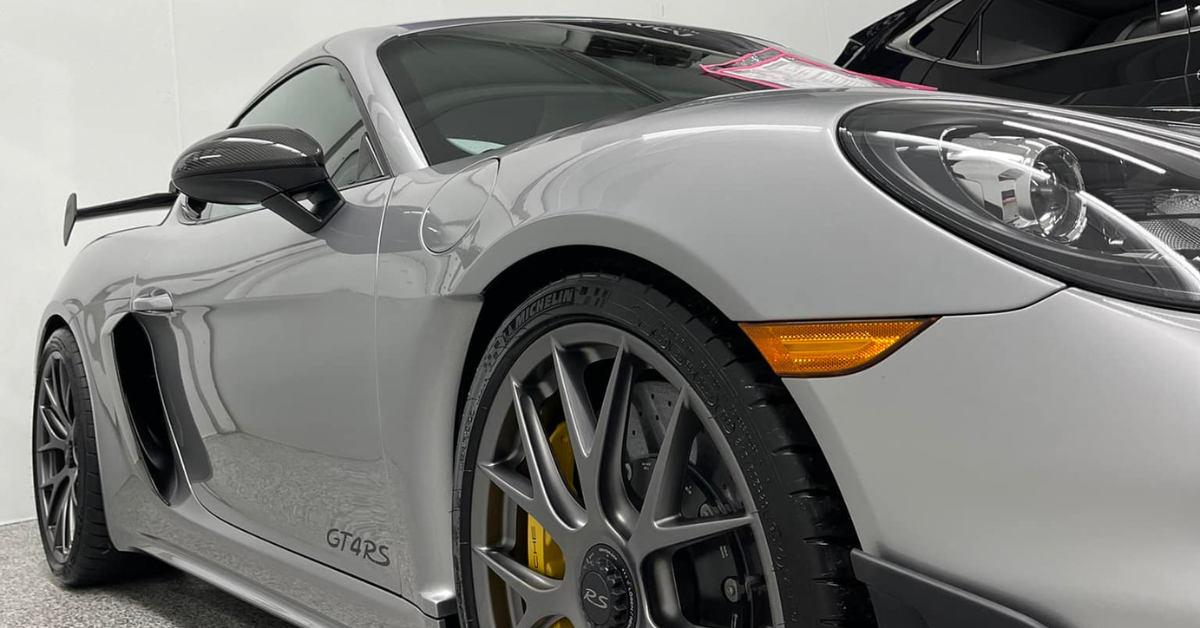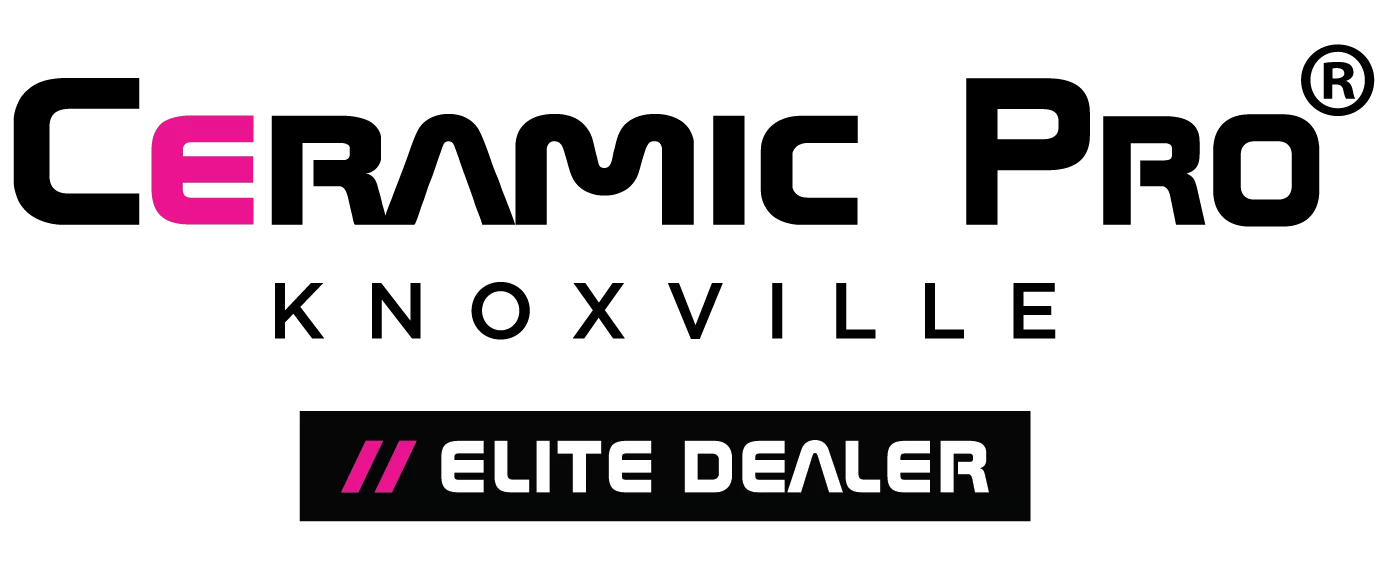When thinking about car wrap costs, remember to factor in the type of material used, the size and model of your car, the design complexity, professional installation expenses, any extra services needed, location and labor rates, the installer’s brand and reputation, customization levels, and maintenance requirements. These elements play a vital role in the overall pricing. Understanding these factors can help you make informed decisions and ensure you get the best value for your investment. Each aspect plays an essential role in determining the total cost and quality of your car wrap. Make sure to contemplate them carefully before making a decision.
Key Takeaways
- The type and quality of wrap material impact costs significantly.
- The size and model of the vehicle determine material and labor needs.
- The complexity of the design influences pricing and labor intensity.
- Professional installation costs vary based on expertise and complexity.
- Installer experience, location, and brand reputation affect overall pricing.
Type of Wrapping Material
When considering the costs of car wrapping, the type of material used plays an important role in determining the overall expense. Different materials offer varying levels of durability, finish quality, and installation complexity, all of which influence the final price of the wrap. Vinyl wraps, the most common choice, come in different qualities ranging from economy to premium. Economy vinyl is more affordable but may not last as long or provide the same level of finish as premium vinyl. Premium vinyl, although pricier, offers better durability and a smoother, more professional appearance.
Furthermore, specialty vinyl materials such as chrome or metallic wraps are also available but tend to be more expensive due to their unique finishes and limited availability. These specialty wraps can add a distinctive look to your vehicle, making it stand out, but they come at a higher cost compared to standard vinyl options.
Moreover, the brand of the wrapping material can impact the price as well. Established brands with a reputation for quality and longevity may charge a premium for their products. However, opting for a reputable brand can provide peace of mind regarding the longevity and performance of the wrap. Cheaper, lesser-known brands might offer lower prices, but the quality and durability of their materials may not be as reliable in the long run.
Size and Model of Vehicle
When considering the size and model of your vehicle for a car wrap, remember that larger vehicles generally require more material and labor, impacting the overall cost.
The complexity of your vehicle’s model can also play a significant role in determining the final price, as intricate designs may necessitate more work.
Additionally, the level of intricacy in the design you choose can influence the overall cost of the car wrapping process.
Vehicle Size Impact
The size and model of your vehicle greatly influence the overall cost of car wrapping services. Larger vehicles typically require more material and labor, leading to higher expenses. Additionally, the complexity of the vehicle’s shape can affect how challenging it is to wrap, impacting the cost. Consider these points when estimating the cost of wrapping your vehicle:
- Larger vehicles, such as trucks and vans, may cost more to wrap due to their size.
- Vehicles with intricate designs or curves might require additional time and expertise, increasing the overall price.
- Smaller cars are generally more cost-effective to wrap compared to larger vehicles.
Understanding how your vehicle’s size and model influence pricing can help you budget effectively for car wrapping services.
Model Complexity Factor
Considering the size and model complexity of your vehicle, the cost of car wrapping services may vary greatly due to the amount of material and labor required. Larger vehicles like trucks or SUVs generally need more vinyl material, increasing costs. Similarly, intricate vehicle models with curves, indentations, or unique design elements demand additional time and skill during the wrapping process, impacting the overall price.
For instance, wrapping a compact car might be less expensive compared to a luxury sedan with complex body lines. Hence, when determining your car wrapping budget, it’s important to factor in the size and model complexity of your vehicle as they directly influence the final cost and the level of expertise needed for a successful wrap installation.
Design Intricacy Influence
The size and model intricacy of a vehicle greatly impact the design complexity and cost of car wrapping services. When considering the design intricacy influence on car wrapping costs, the following factors play a significant role:
- Vehicle Size: Larger vehicles require more material and intricate designs, leading to higher costs.
- Model Complexity: Vehicles with intricate body shapes or curves demand more detailed design work, increasing the overall cost.
- Customization Level: The extent of customization, such as unique graphics or personalized designs, adds to the complexity and cost of the car wrapping process.
Understanding how the size and model intricacy affect the design complexity can help you estimate the cost of car wrapping services more accurately.
Complexity of Design
When considering the complexity of design for car wrapping, you need to assess how intricate patterns and detailed graphics impact the overall cost.
The number of graphic elements incorporated into the design can have a substantial influence on the pricing, as more elements often require more labor and material.
Additionally, the complexity of colors used in the design should be taken into account, as certain hues or special finishes might increase the final cost of the car wrapping process.
Design Intricacy Impact
The intricacy of the design has a significant impact on the overall cost of car wrapping services. The complexity of the design directly influences the amount of material required and the time needed for installation, affecting the final price you pay for the service. Here are three key points to ponder regarding the impact of design intricacy on car wrapping costs:
- Material Usage: Elaborate designs with intricate patterns or detailed graphics often necessitate more vinyl material, leading to higher material costs.
- Labor Intensity: Complex designs that require precise alignment and intricate cuts demand more time and expertise from the car wrap installer, contributing to increased labor costs.
- Customization Level: Highly intricate designs tailored to fit specific car models or with personalized elements may incur additional customization charges.
Graphic Elements Influence
Analyzing the intricacy of graphic elements in car wrapping designs reveals a direct correlation between the complexity of these elements and the overall cost of the service. Intricate graphic elements, such as detailed patterns, intricate logos, or complex illustrations, require more precise cutting and application techniques, increasing the labor and material costs involved in the wrapping process.
The more detailed and intricate the design, the more time and effort it takes for the professionals to ensure a seamless application on your vehicle. As a result, intricate graphic elements drive up the overall cost of car wrapping. When considering the design for your car wrap, opting for simpler graphic elements can help you save on expenses while still achieving a stylish look for your vehicle.
Color Complexity Consideration
Considering the complexity of colors in your car wrapping design greatly impacts the overall cost of the service. The intricacy and number of colors used play a significant role in determining the final price.
- Number of Color Changes: Each color change in the design requires additional materials and labor, increasing costs.
- Color Matching: Matching specific shades or custom colors can be more labor-intensive and may incur extra charges.
- Gradient or Specialty Colors: Designs with gradients or specialty color effects demand more precise application techniques, contributing to higher costs.
Understanding how the complexity of colors influences pricing can help you make informed decisions when designing your car wrap. By being mindful of color choices, you can better manage your budget while still achieving a visually stunning result.
Professional Installation Costs
Factors shaping car wrapping costs involve the expertise required for installation, impacting the overall pricing structure to a great extent. Professional installation costs are a significant component of the total expense when wrapping a car. The installation price is influenced by various factors, such as the complexity of the design, the size of the vehicle, and the experience level of the installer.
Experienced installers often charge higher rates due to their skill level and precision in handling the wrapping process. They can efficiently work with intricate designs and ensure a seamless finish, which contributes to the overall quality of the wrap. On the other hand, less experienced installers may offer lower prices but could compromise on the quality of the installation, leading to potential issues like wrinkles, bubbles, or peeling over time.
Moreover, the type of material being used also impacts the professional installation costs. High-quality vinyl wraps require specialized skills for application, driving up the cost compared to standard vinyl materials. Additionally, the reputation and location of the installation service can influence pricing, with well-known installers or facilities in prime areas commanding higher fees for their expertise and convenience. Considering these factors can help you make an informed decision when budgeting for professional installation costs in your car wrapping project.
Additional Services Needed
When assessing car wrapping expenses, the necessity for extra services greatly impacts the overall expenditure. Whether you’re looking to add protective coatings, custom design work, or remove previous wraps, these additional services can notably influence the final cost of your car wrapping project.
- Protective Coatings: Choosing additional protective coatings, such as ceramic coatings or clear bras, can enhance the durability of your car wrap. While these coatings come at an added cost, they can prolong the lifespan of your wrap by providing extra protection against UV rays, swirl marks, and other environmental factors.
- Custom Design Work: If you have a specific design in mind that goes beyond a standard solid color wrap, custom design work will be necessary. Complex designs, logos, or patterns require extra time and expertise from the professionals handling the installation, which can result in higher costs compared to a simple, single-color wrap.
- Removal of Previous Wraps: If your vehicle already has a wrap that needs to be taken off before the new one can be installed, this service will contribute to the total expense. Removing old wraps can be labor-intensive and time-consuming, impacting the overall cost of your car wrapping project.
Considering these additional services when planning your car wrapping project is vital to ensure that you have a thorough understanding of the total expenses involved. By factoring in these services from the start, you can better prepare for the overall cost and make informed decisions about the customization options for your vehicle.
Location and Labor Rates
Optimizing car wrapping costs involves evaluating the impact of geographical location and corresponding labor rates on the overall budget. The location where you choose to have your car wrapped can greatly influence the total cost of the project. Urban areas tend to have higher labor rates due to the increased cost of living and higher demand for services, while rural areas generally offer more competitive pricing.
Labor rates play an essential role in determining the overall cost of car wrapping. The skill level and experience of the technicians performing the wrap can vary depending on the location. In areas with higher labor rates, you may find more experienced professionals who can deliver top-quality results but at a premium price. On the other hand, in regions with lower labor rates, you might still find skilled technicians who offer competitive pricing without compromising on quality.
When considering the location and labor rates for your car wrapping project, it’s important to strike a balance between cost and quality. While opting for a lower labor rate might seem appealing, be sure to assess the expertise of the technicians and the reputation of the wrapping company to guarantee a satisfactory outcome. By carefully evaluating these factors, you can make an informed decision that aligns with your budget and expectations.
Brand and Reputation of Installer
Considering the brand and reputation of the installer is paramount when evaluating car wrapping costs. The credibility and expertise of the installer can greatly impact the overall quality of the car wrap and the total cost involved. Here are three key points to keep in mind:
- Quality Assurance: Reputable installers often use high-quality materials and techniques, ensuring a professional finish that lasts longer. While this may come at a higher initial cost, the durability and visual appeal of the wrap can save you money in the long run by reducing the need for frequent replacements or repairs.
- Customer Satisfaction: Established installers with a strong reputation are more likely to prioritize customer satisfaction. They often have a track record of happy clients and positive reviews, indicating their commitment to delivering excellent service. Choosing a well-regarded installer can provide peace of mind and assurance that your car wrap will be handled with care and expertise.
- Warranty and Support: Recognized installers usually offer warranties on their workmanship and materials. This added layer of protection can be invaluable in case of any issues post-installation. Moreover, reputable installers are more likely to provide ongoing support and assistance, ensuring that any concerns or maintenance needs are promptly addressed.
Prioritizing the brand and reputation of the installer can lead to a smoother car wrapping process and a higher-quality outcome that aligns with your expectations.
Customization and Detailing
To enhance the overall aesthetic appeal and personalization of your car wrap, delving into the world of customization and detailing is essential. Customization options range from choosing specific colors, finishes, and textures to incorporating intricate designs or patterns that reflect your style. The level of customization you opt for can greatly impact the overall cost of your car wrapping project. Intricate designs or custom graphics require more time and expertise to execute, leading to higher costs compared to a simple, single-color wrap.
Detailing plays an important role in the outcome of your car wrap. The precision and quality of detailing work can make a significant difference in the overall appearance and longevity of the wrap. Attention to detail during the installation process ensures that the wrap fits seamlessly around every contour of your vehicle, creating a professional and polished finish. Additionally, detailing such as cut-outs for door handles, emblems, and lights requires skill and precision to achieve a flawless look.
When considering customization and detailing options for your car wrap, it’s essential to strike a balance between your desired aesthetic outcome and budget constraints. Working closely with a reputable installer who understands your vision can help you achieve a customized look that’s both visually appealing and cost-effective.
Maintenance and Longevity of Wrap
To ensure the longevity and best appearance of your car wrap, proper maintenance practices are essential. Neglecting maintenance can lead to premature wear and tear, diminishing the overall look and potentially increasing costs in the long run. Here are three key points to keep in mind for maintaining the quality and durability of your car wrap:
- Regular Cleaning: Keeping your car wrap clean is vital to prevent dirt, grime, and pollutants from becoming ingrained in the material. Routinely washing your wrapped vehicle with mild detergent and water can help preserve the vibrancy of the colors and extend the lifespan of the wrap.
- Avoiding Harsh Conditions: Exposure to extreme weather conditions like prolonged sunlight, heavy rain, or snow can deteriorate the quality of the wrap over time. Whenever possible, park your vehicle in a covered area or garage to shield it from damaging elements and prolong the life of the wrap.
- Prompt Repairs: Addressing any signs of damage or lifting edges promptly is essential to prevent further deterioration of the wrap. Ignoring small issues can lead to more significant problems that may require a full re-wrap, leading to increased costs.
Wrap-Up
When considering the cost of car wrapping, keep in mind that the type of material, size of vehicle, complexity of design, and installation costs all play a significant role. Don’t forget about additional services, location, and reputation of the installer such as Ceramic Pro Knoxville.
Customization and detailing add a personal touch, while maintenance and longevity determine the overall value. By evaluating these factors, you can ensure your car wrap looks great and lasts for years, like a sleek and durable coat of armor for your vehicle.







